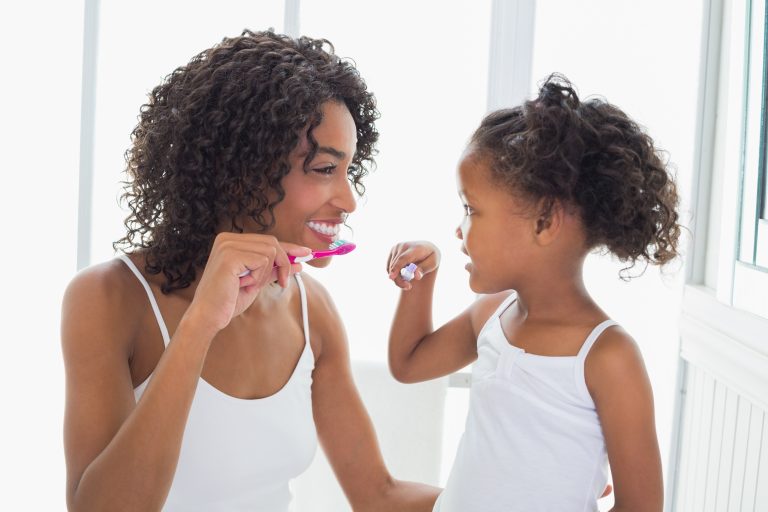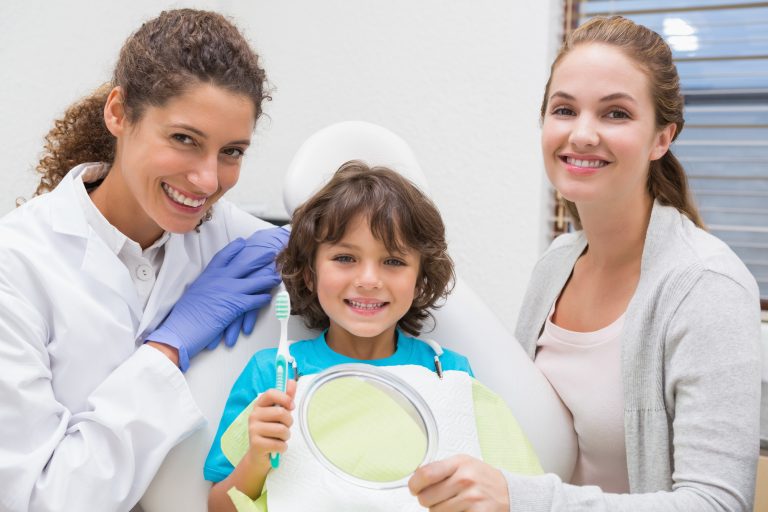

The Impact of Pediatric Dentistry
The Significance of Pediatric Dental Care
It might surprise some to hear how crucial dental care is for children, especially since their primary teeth are temporary. By the age of 3, most children have a full set of baby teeth, which they start to lose around the age of 6. With the exception of wisdom teeth, they usually have all their adult teeth by their early teens. The early years, when they gain and lose these primary teeth, are critical as the condition of their dental health can have lasting impacts.
Consequences of Poor Dental Health in Children
Children are susceptible to the same dental issues as adults, including decay, sensitivity, infections, and gum disease. They might not always express discomfort as adults do, often adapting to persistent pain. Signs such as avoiding certain foods or chewing predominantly on one side might indicate they are dealing with dental discomfort.
Role of Baby Teeth in Dental Development
Baby teeth play a more significant role than just making way for permanent teeth. As a baby tooth makes way for an adult tooth, its root is reabsorbed and the empty socket guides the new tooth into place. Premature loss of baby teeth can lead to misalignment and overcrowding issues in their permanent teeth. Hence, maintaining healthy baby teeth and gums is essential for giving permanent teeth the best start.
Dental Health and Children's Confidence
Healthy teeth are vital for children learning to speak and smile confidently. Early childhood is a crucial time for developing social skills and forming relationships. Dental issues can inhibit their ability to express themselves and may affect their social interactions.
Dental Health Influencing Dietary Choices
For growing children, a balanced diet is crucial, and dental pain can complicate eating habits further. Children with dental issues might shy away from hard, chewy, or textured foods, potentially developing a habit of eating on one side of the mouth or avoiding certain foods altogether. This can have long-term implications on their eating patterns and overall health.
Your Child's First Dental Visit
At our practice, we prioritize the health, comfort, and satisfaction of patients of all ages. For our youngest visitors, we take extra care to address the unique challenges they may face. We monitor key indicators of children’s oral health and communicate with them in a way that makes them feel secure and involved.
Interactive Introduction
Children come to us with different levels of curiosity and varying degrees of nervousness about new experiences. We aim to make every child feel comfortable and positive about their dental visits. To achieve this, we begin each appointment by engaging with them, understanding their thoughts, and addressing any concerns. We explain the procedures in terms they can understand and answer all their questions, setting a reassuring tone from the start.
Thorough and Thoughtful Examination
We pay careful attention to specific pediatric oral health indicators as we check your child’s gums, tongue, teeth, and overall oral condition. Our examination focuses on the development of both their primary and permanent teeth, identifying any areas that may require additional care, either at home or in future visits.
Communication and Collaboration
Contact us today
to schedule an initial consultation & exam.
Your consultation will include an examination of everything from your teeth, gums and soft tissues to the shape and condition of your bite. Generally, we want to see how your whole mouth looks and functions. Before we plan your treatment we want to know everything about the health and aesthetic of your smile, and, most importantly, what you want to achieve so we can help you get there.
Frequently Asked Questions
Pediatric dentistry is a branch of dentistry that focuses specifically on the oral health of children from infancy through the teenage years. Pediatric dentists are trained to address the unique issues related to children’s dental growth and development, as well as their specific behavioral needs. Unlike general dentists, pediatric dentists use specially designed equipment and decor to create a welcoming and child-friendly environment, which helps reduce anxiety and promotes a positive attitude towards dental health.
Children should start using toothpaste as soon as their first tooth appears. For children under three years old, use a smear of toothpaste the size of a grain of rice. Children aged three to six should use a pea-sized amount of toothpaste. Always supervise your children to ensure they use the correct amount of toothpaste and teach them not to swallow it.
Making dental hygiene fun can encourage your child to maintain good oral health practices. Try letting your child choose their own toothbrush (with their favorite character or color) and toothpaste flavor. Incorporate games or songs about brushing teeth into their routine, or use a timer with a fun theme to ensure they brush for the full two minutes. Apps and books about dental health tailored for children can also make brushing more engaging.
Common dental procedures for children include dental cleanings, fluoride treatments, dental sealants, cavity fillings, and orthodontics. These procedures prevent tooth decay, strengthen tooth enamel, protect against cavities, and ensure proper alignment of teeth as children grow. Regular visits to a pediatric dentist can help prevent minor issues from becoming major complications.
Children should visit the dentist every six months for regular check-ups and cleanings. During these visits, the dentist will examine your child’s teeth and gums for any signs of decay, gum disease, or other health issues. They will also clean the teeth to remove any plaque or tartar build-up. These visits are crucial for early detection of potential problems and for educating both parents and children on maintaining effective oral hygiene practices.









